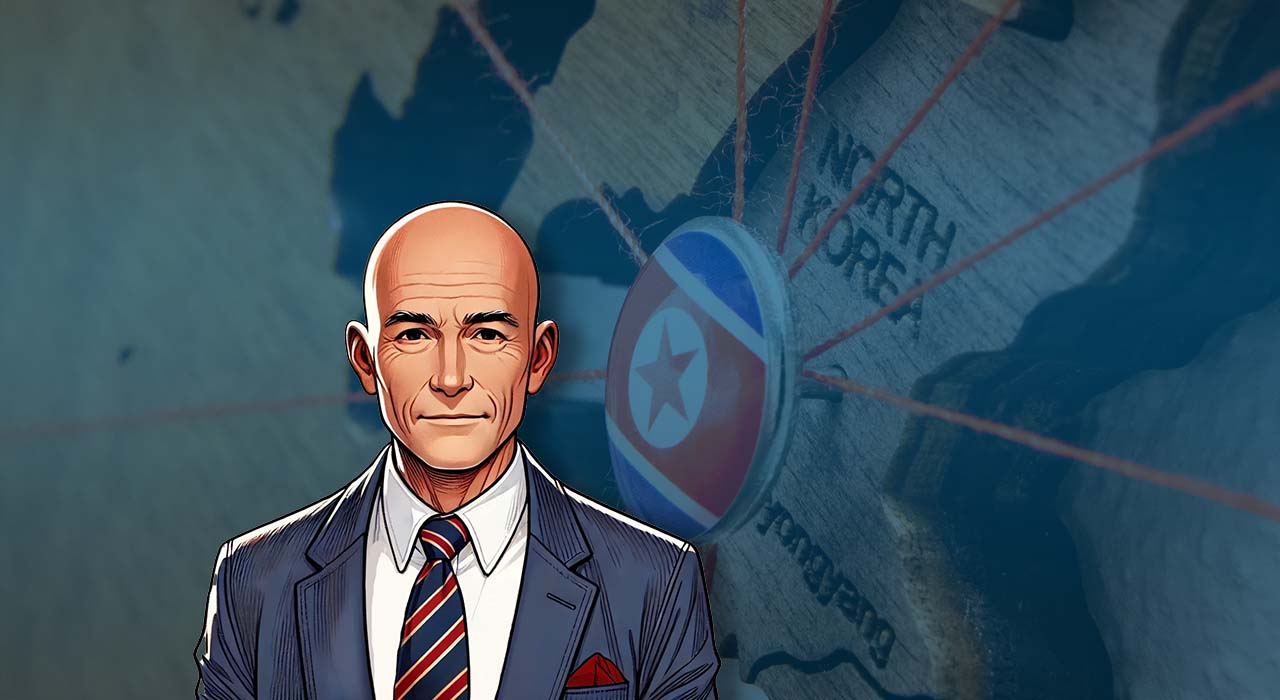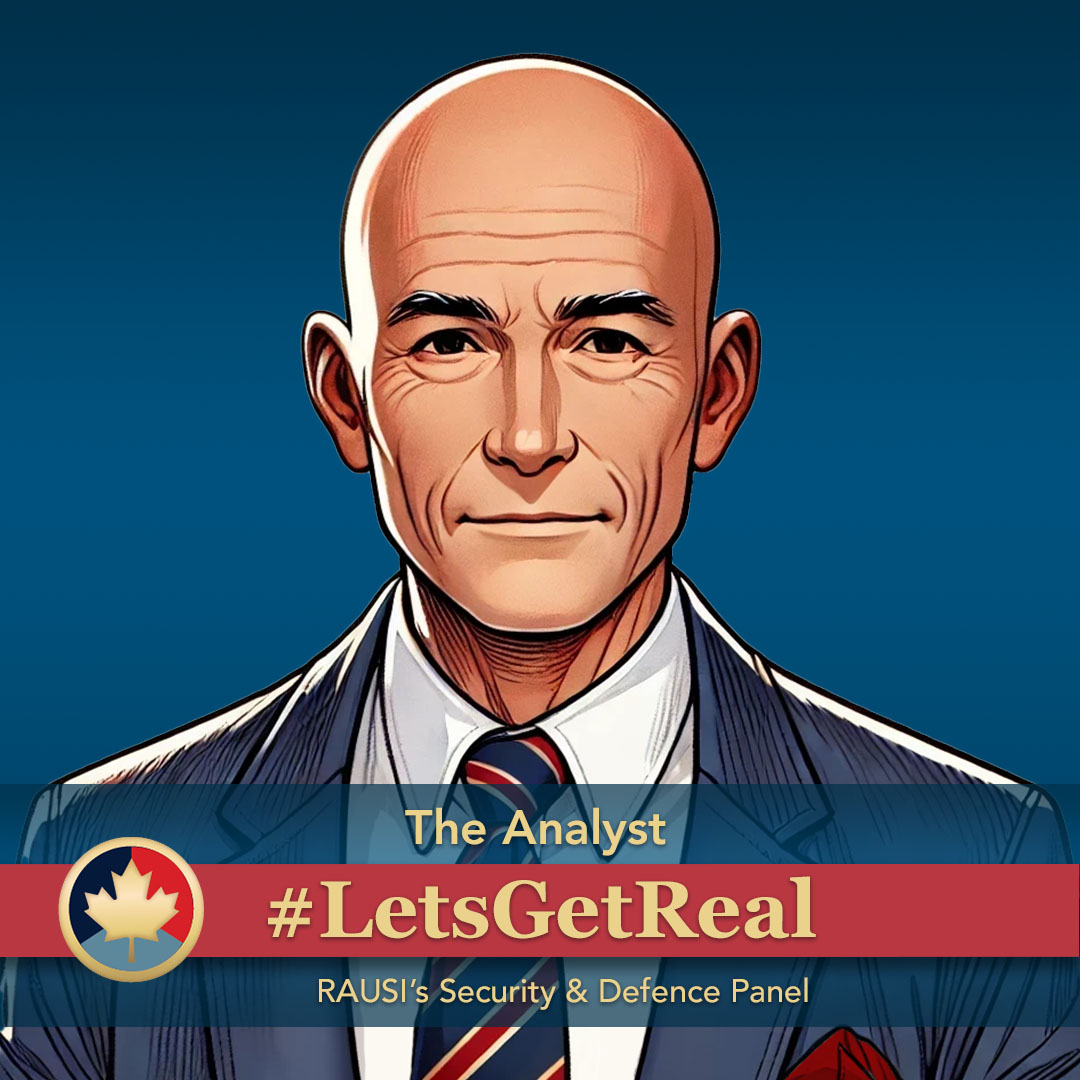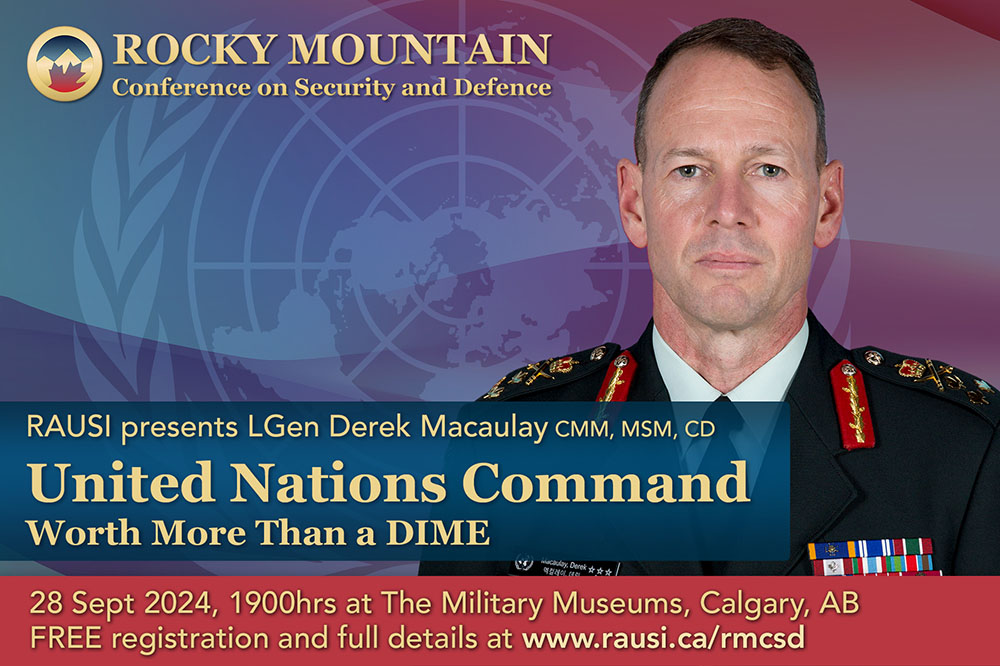23 September, 2024
Instigated politically by Stalin’s USSR but supported militarily by China’s People’s Volunteer Army, North Korea invaded South Korea along the 38th parallel 25 June 1950. In response, UN Security Council Resolutions 84 (31 July 1950) provided for a U.S.-commanded multinational-manned “unified command” (UN Command). UNC currently enforces the 27 July 1953 ceasefire; no peace agreement exists. UNC also relies on multinational Sending States to contribute formed bodies of peacekeepers when warranted.
Concurrent with emerging Cold War-based threats, US forces remained in the Korean Peninsula after 1953. Becoming the now 600,000 strong U.S./ROK Combined Forces Command (CFC), CFC was created 07 November 1978 as a warfighting body. The same U.S. commander commands both UNC and CFC.
In contexts of great power politics, CFC’s stand-up was coincident/co-related with heightened threats from neighboring Cold War antagonists, and with the People’s Republic of China’s (PRC) Reform and Opening Program (1979) and PRC’s de-linking ideologically from the USSR, became its own influencer/threat.
Militarily, two command structures, two missions, one theatre and one commander, together with trained warfighters on the ground vice unknown numbers of peacekeepers to be generated and/or trained before deployment create a question. “How are different command and control regimes and interoperability between two disparate legal and operational entities to be coordinated and executed effectively?”
Conventional and nuclear threats from North Korea confront UN and U.S. economic, financial and trade sanctions. Military leadership in the Korean peninsula faces complex strategic, tactical and diplomatic deliverables.



